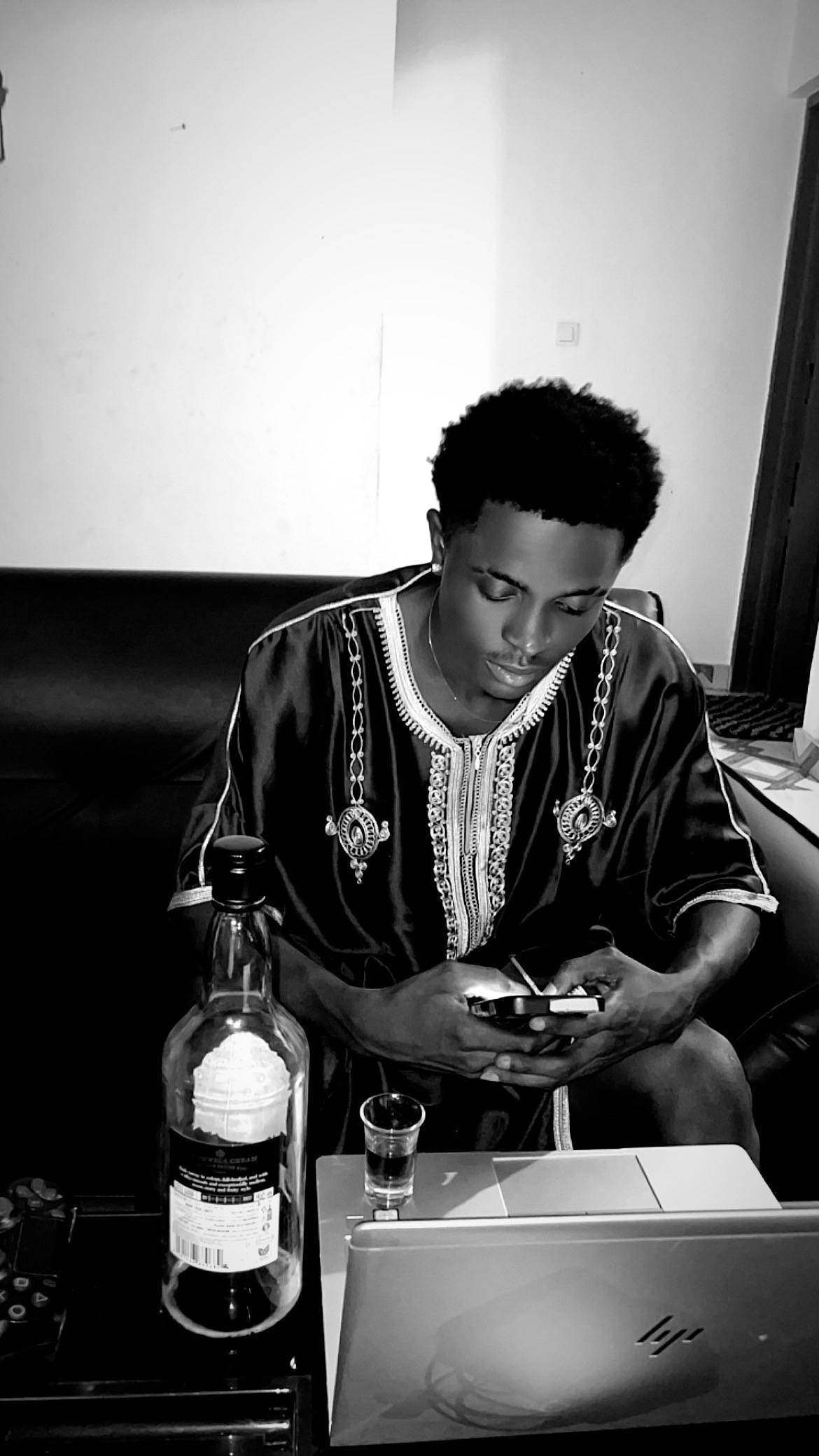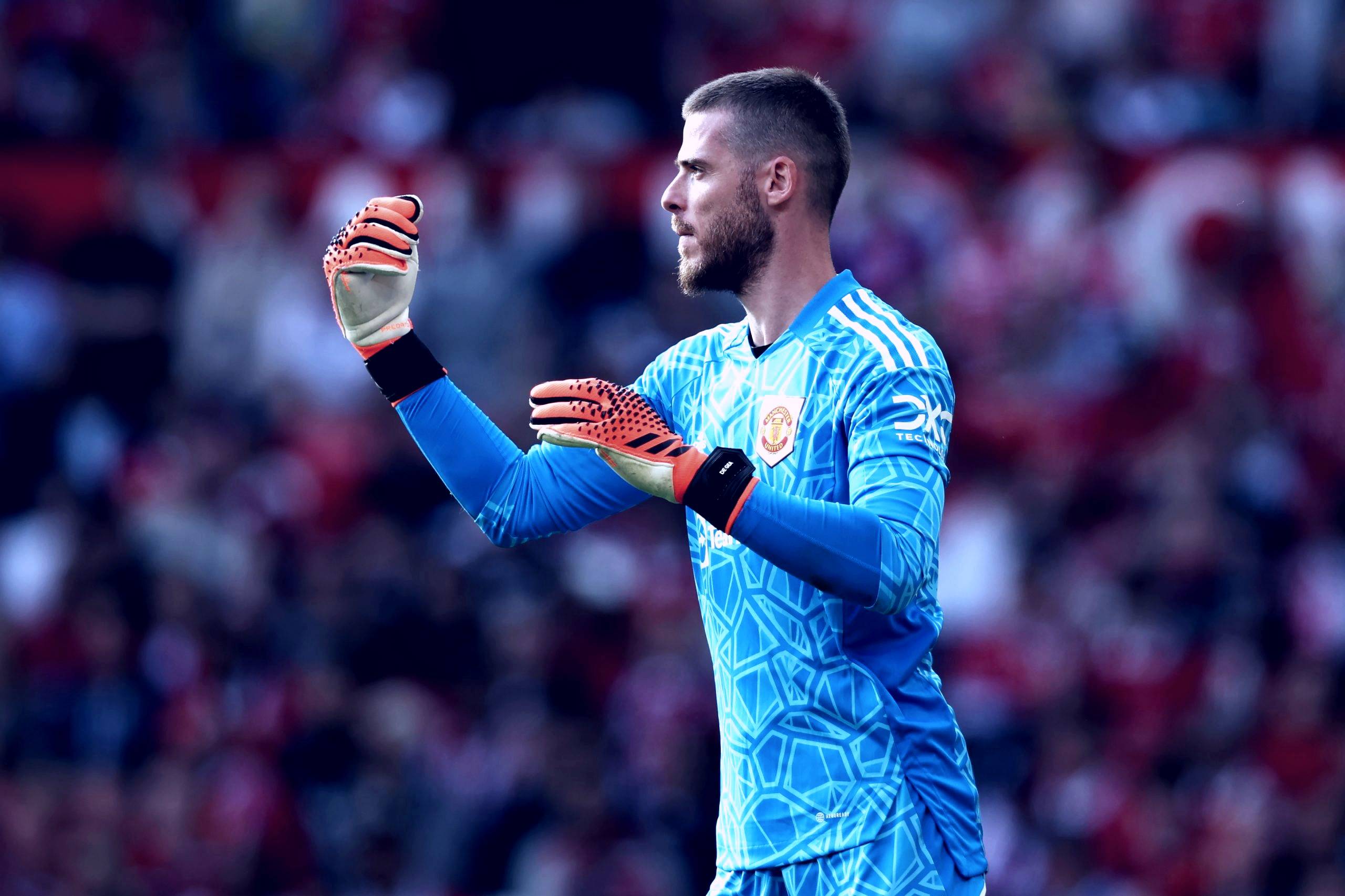Manchester United's decision to invest in a new goalkeeper hinges on the outcome of negotiations with their current shot-stopper, David de Gea. The club's management has been engaged in ongoing discussions with de Gea since March, and while a new deal is reportedly close to being agreed upon, it has not yet been signed or finalized. The delay in completing the contract can be attributed to a few crucial details that still need to be ironed out, as well as some interest shown by clubs in the Saudi league.
For Manchester United, securing the services of a reliable and skilled goalkeeper is of utmost importance. The position demands a player with exceptional shot-stopping abilities, excellent command of the penalty area, and strong distribution skills. Over the years, de Gea has proven himself to be a formidable presence between the sticks, making crucial saves and providing stability to the team's defensive line.
However, negotiations regarding a new contract for de Gea have been a prolonged process. Despite the discussions commencing several months ago, the deal remains in a state of limbo. Both parties have expressed their desire to reach an agreement, but certain key details have proven to be sticking points in the negotiations.
Meanwhile, rumors have surfaced that clubs from the Saudi league have expressed interest in acquiring de Gea's services. These reports have added an additional layer of complexity to the situation. While Manchester United values their goalkeeper highly, they must also consider the financial implications of potential offers from other clubs. The allure of playing in a new league, combined with potentially lucrative contracts, could tempt de Gea to explore other options.
Manchester United's decision-making process regarding a new goalkeeper investment is intricately tied to the outcome of the negotiations with de Gea. If the club successfully concludes a new contract with their current shot-stopper, it would provide stability to the team's defensive setup and eliminate the immediate need for a new goalkeeper. However, if the negotiations falter and de Gea decides to pursue opportunities elsewhere, the club would have to reassess their options and actively seek a suitable replacement.
Identifying a suitable goalkeeper can be a challenging task. The club's recruitment team would need to consider various factors, such as the player's skillset, experience, and compatibility with the team's style of play. Additionally, they would have to navigate the transfer market, potentially competing with other clubs for the services of their preferred targets.
The stakes are high for Manchester United, as they aim to build a competitive squad capable of challenging for major honors. The goalkeeper position is pivotal in achieving this goal, as a reliable and confident presence in goal can instill confidence in the team's defense and provide a strong foundation for success.
In conclusion, Manchester United's investment in a new goalkeeper hinges on the outcome of the negotiations with David de Gea. While discussions for a new contract have been ongoing since March, certain key details and interest from clubs in the Saudi league have delayed the signing process. The club must carefully navigate these negotiations and consider the potential offers from other clubs to secure the services of a goalkeeper who can uphold the team's defensive standards. The resolution of the de Gea negotiations will determine whether Manchester United needs to actively pursue a new goalkeeper or can rely on their current shot-stopper for the foreseeable future.




No comments yet
Be the first to share your thoughts!